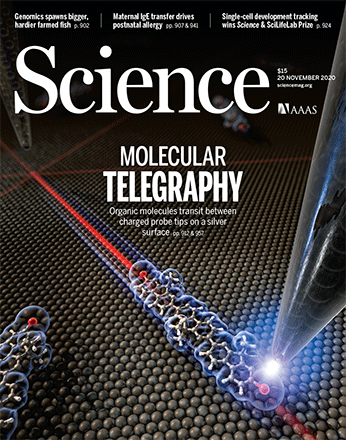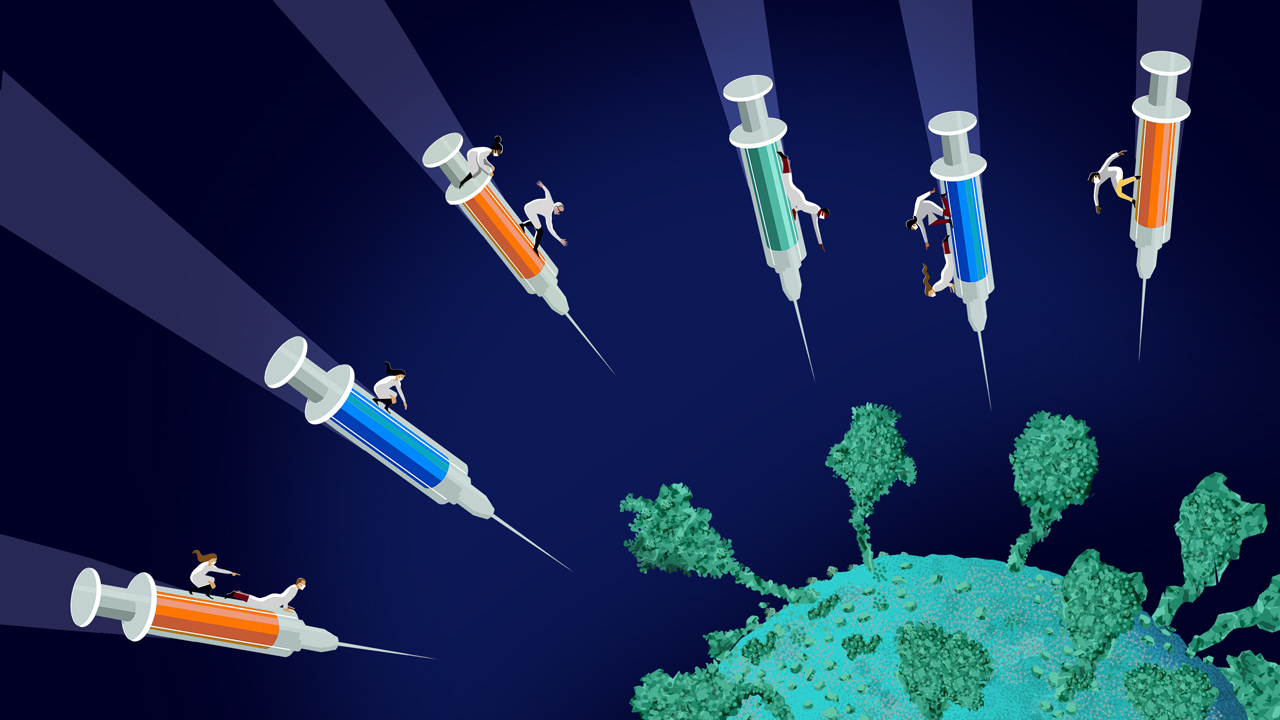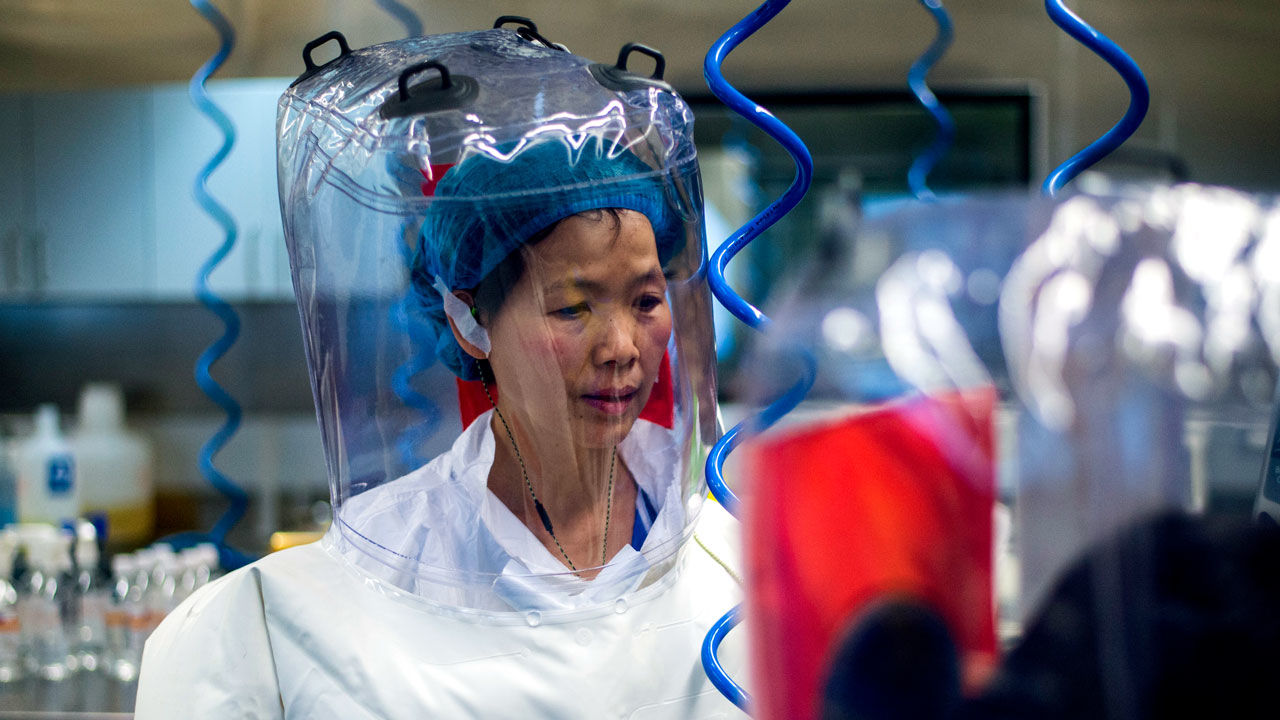Send us a link
Science's Breakthrough of the Year 2020: Shots of Hope in a Pandemic-ravaged World
Not Throwing Away Our Shot
Over the past few weeks, prominent scientific publications have condemned President Donald Trump's record on science. This is unprecedented.
Why Anthony Fauci is Happy Being the 'skunk' on the Coronavirus Task Force
Why Anthony Fauci is Happy Being the 'skunk' on the Coronavirus Task Force
In another candid interview, the NIAID director explains how he tries to counters White House optimism with "reality".
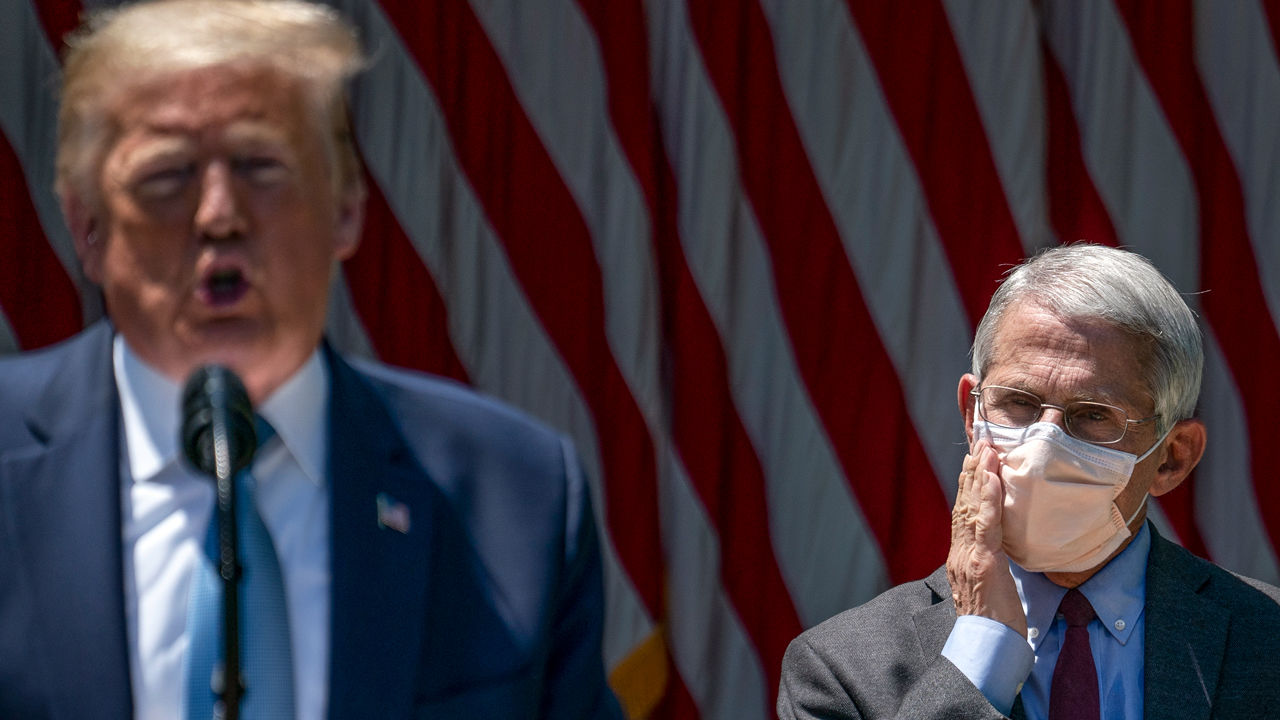
The Pandemic is Hitting Scientist Parents Hard, and Some Solutions May Backfire
New data quantify lost work hours and productivity, but the way forward remains uncertain.
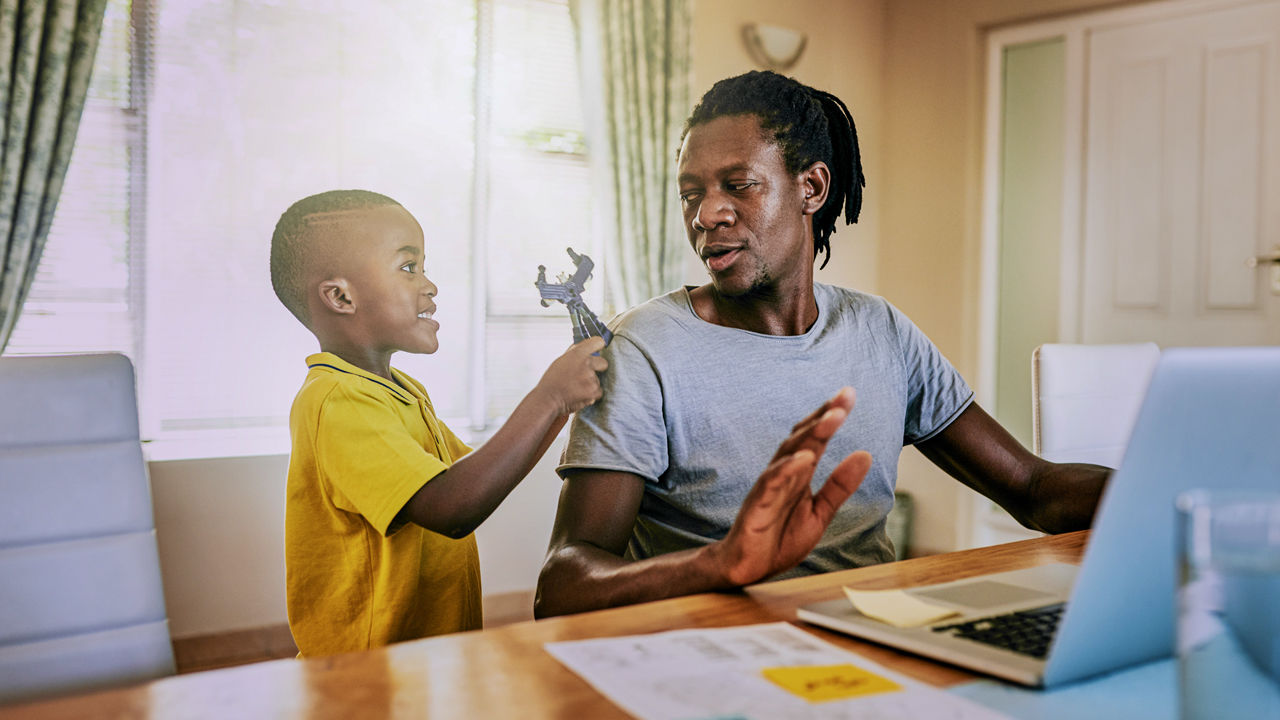
Trump 'owes Us an Apology.' Chinese Scientist at the Center of COVID-19 Origin Theories Speaks out
Open-access Science Funders Announce Price Transparency Rules for Publishers
Open-access Science Funders Announce Price Transparency Rules for Publishers
Science journals will have to disclose the costs of publishing articles by July 2022 in order for them to be paid for by a coalition of research funders pushing for open access.

"Finally, a Virus Got Me": Scientist Who Fought Ebola and HIV Reflects on Facing Death from COVID-19
"Finally, a Virus Got Me": Scientist Who Fought Ebola and HIV Reflects on Facing Death from COVID-19
Virologist Peter Piot, director of the London School of Hygiene & Tropical Medicine, fell ill with COVID-19 in mid-March.
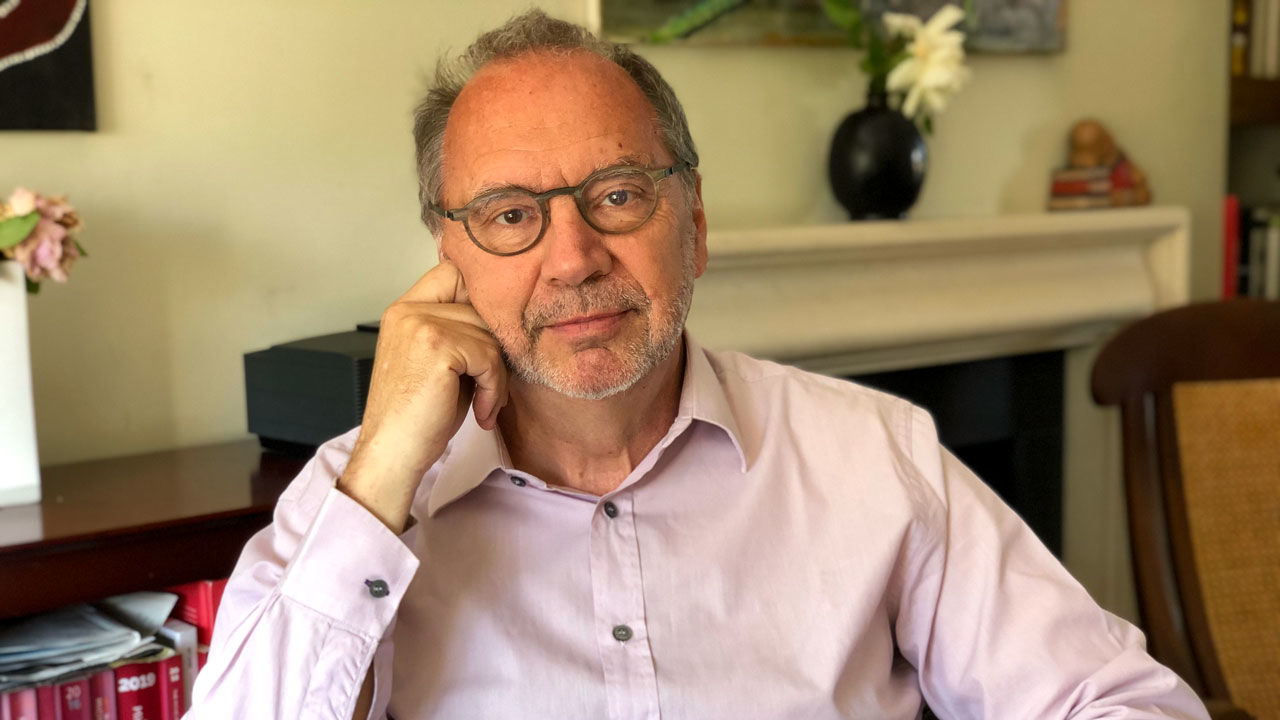
A Strategic Approach to COVID-19 Vaccine R&D
A public-private partnership and platform for harmonized clinical trials aims to accelerate licensure and distribution.

Fact-checking Judy Mikovits, the Controversial Virologist Attacking Anthony Fauci in a Viral Conspiracy Video
Fact-checking Judy Mikovits, the Controversial Virologist Attacking Anthony Fauci in a Viral Conspiracy Video
In the video Plandemic, the former chronic fatigue syndrome researcher makes countless unsubstantiated claims and accusations.
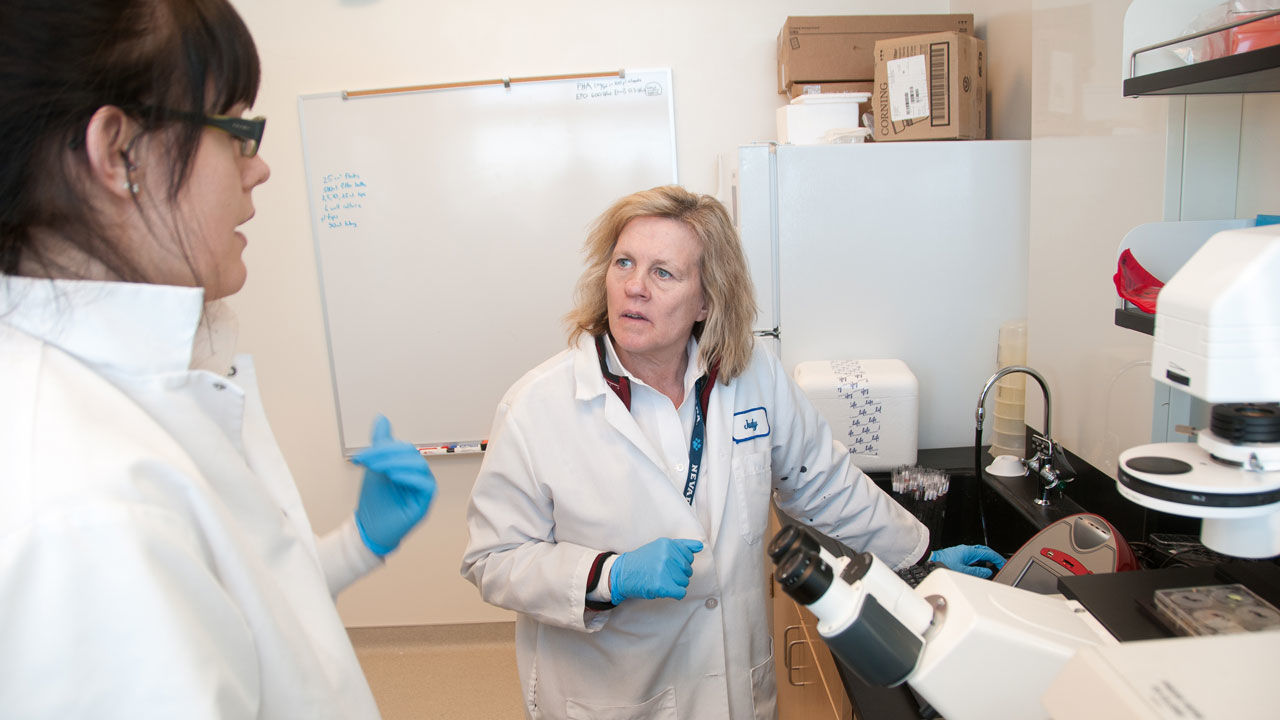
In Pursuit of Open Science, Open Access is Not Enough
After decades of debate on the feasibility of open access (OA) to scientific publications, we may be nearing a tipping point. A number of recent developments, such as Plan S, suggest that OA upon publication could become the default in the sciences within the next several years. However, there remains a need for practical, sustainable models, for careful analysis of the consequences of business model choices, and for caution in responding to passionate calls for a 'default to open'.
Time for NIH to Lead on Data Sharing
The U.S. National Institutes of Health (NIH) is in the midst of digesting public comments toward finalizing a data sharing policy. Although the draft policy is generally supportive of data sharing, it needs strengthening if we are to collectively achieve a long-standing vision of open science built on the FAIR principles.
Mutations Can Reveal How the Coronavirus Moves-but They're Easy to Overinterpret
China's Aggressive Measures Have Slowed the Coronavirus. They May Not Work in Other Countries
China's Aggressive Measures Have Slowed the Coronavirus. They May Not Work in Other Countries
A report from joint WHO-China mission takes a detailed look at the results of response in the country hit hardest.
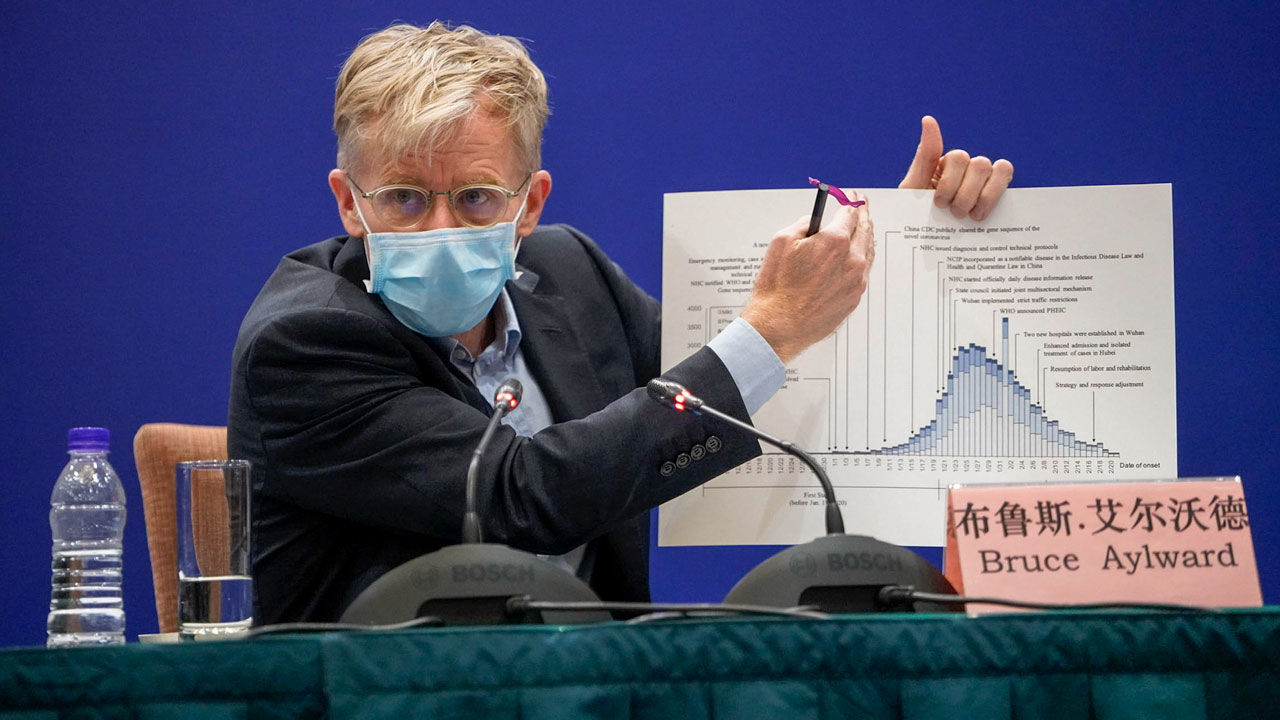
Scientists Urge China to Quickly Share Data on Virus Linked to Pneumonia Outbreak
Scientists Urge China to Quickly Share Data on Virus Linked to Pneumonia Outbreak
Chinese researchers say a novel coronavirus likely sickened 59 people in Wuhan.
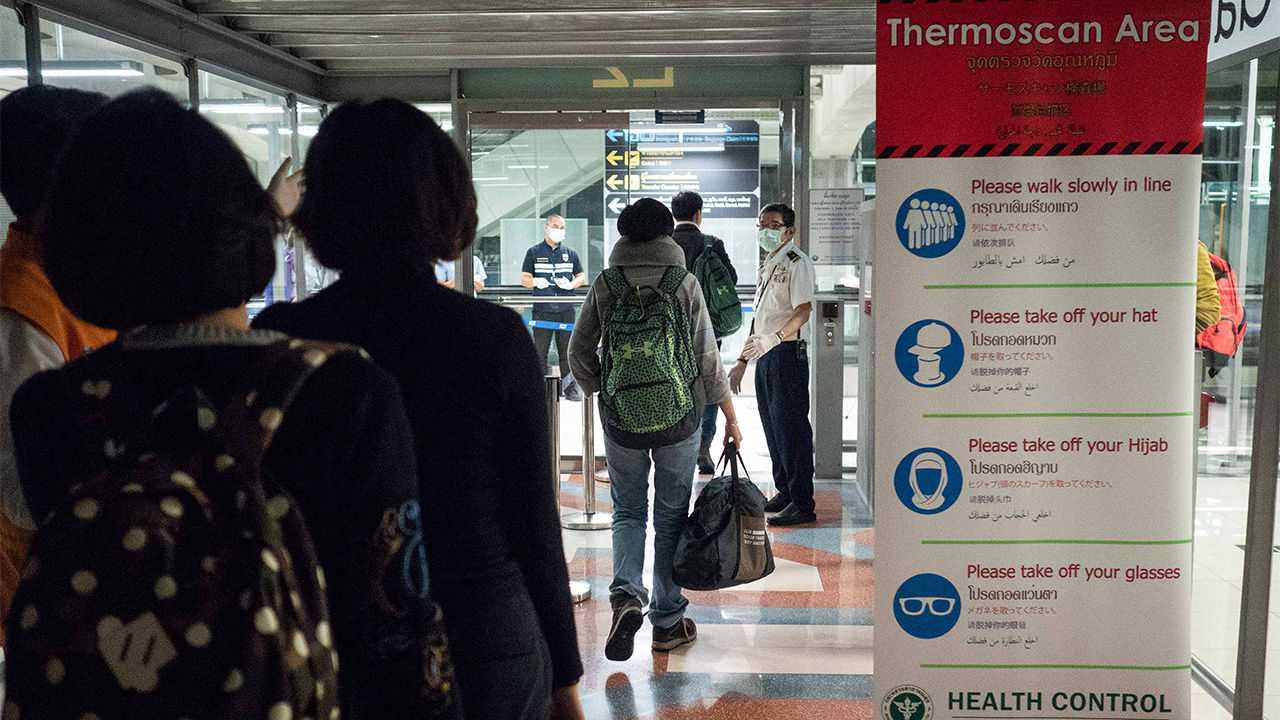
Florida Joins U.S. Government in Probing Foreign Ties of Researchers
Florida lawmakers have begun an investigation into the foreign ties of researchers at the state’s universities and research institutions. The inquiry dovetails with an ongoing federal probe into whether such affiliations, notably with Chinese entities, pose a risk to the U.S. research enterprise.
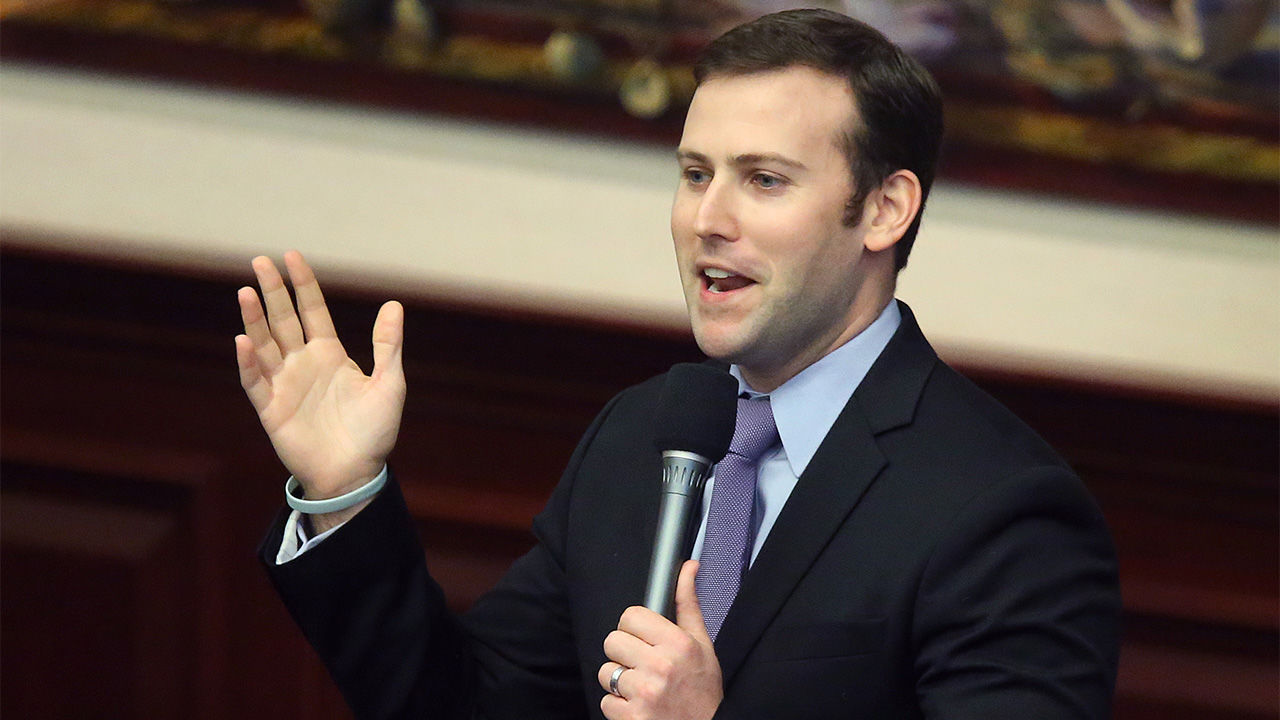
Final 2020 Spending Bill is Kind to U.S. Research
NIH gets 7%, NSF only 2.5%, as Congress ignores Trump's proposed cuts.
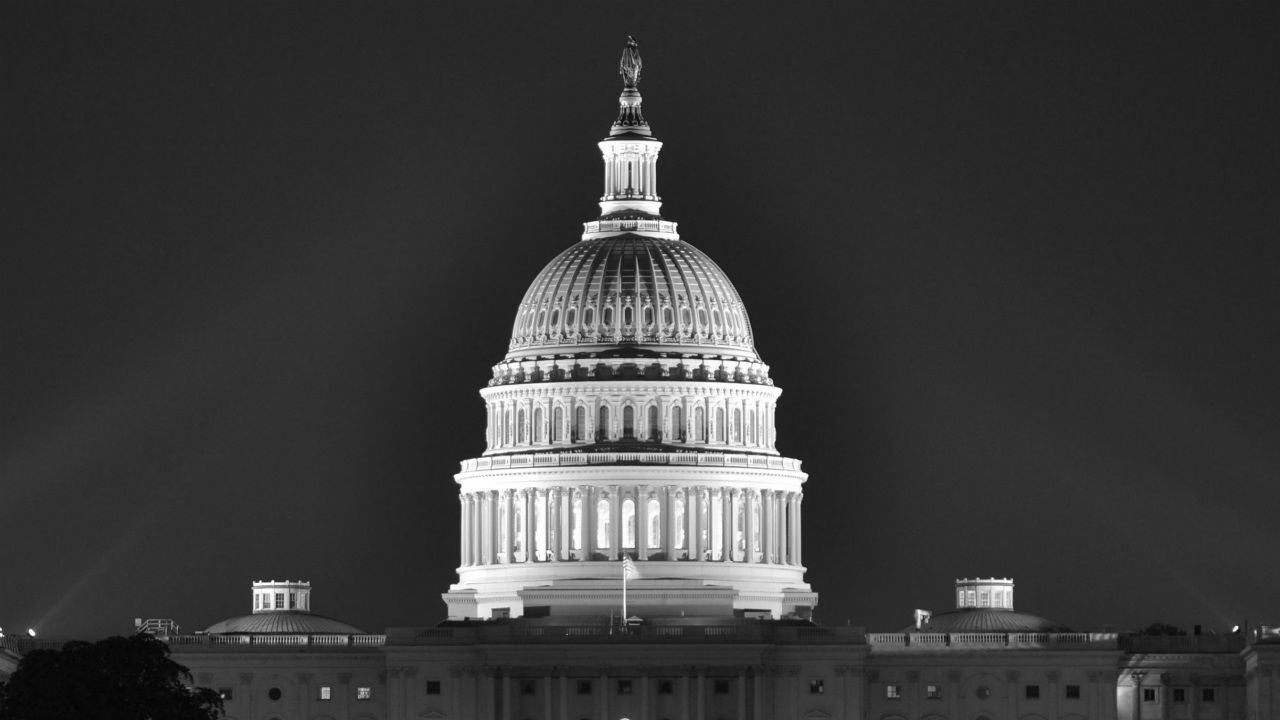
Ph.D.-turned-policy Insider Takes over World's Largest Science Society
Sudip Parikh will become the new CEO of AAAS (which publishes Science) as the 171-year-old association pursues its mission to advance science and serve society.
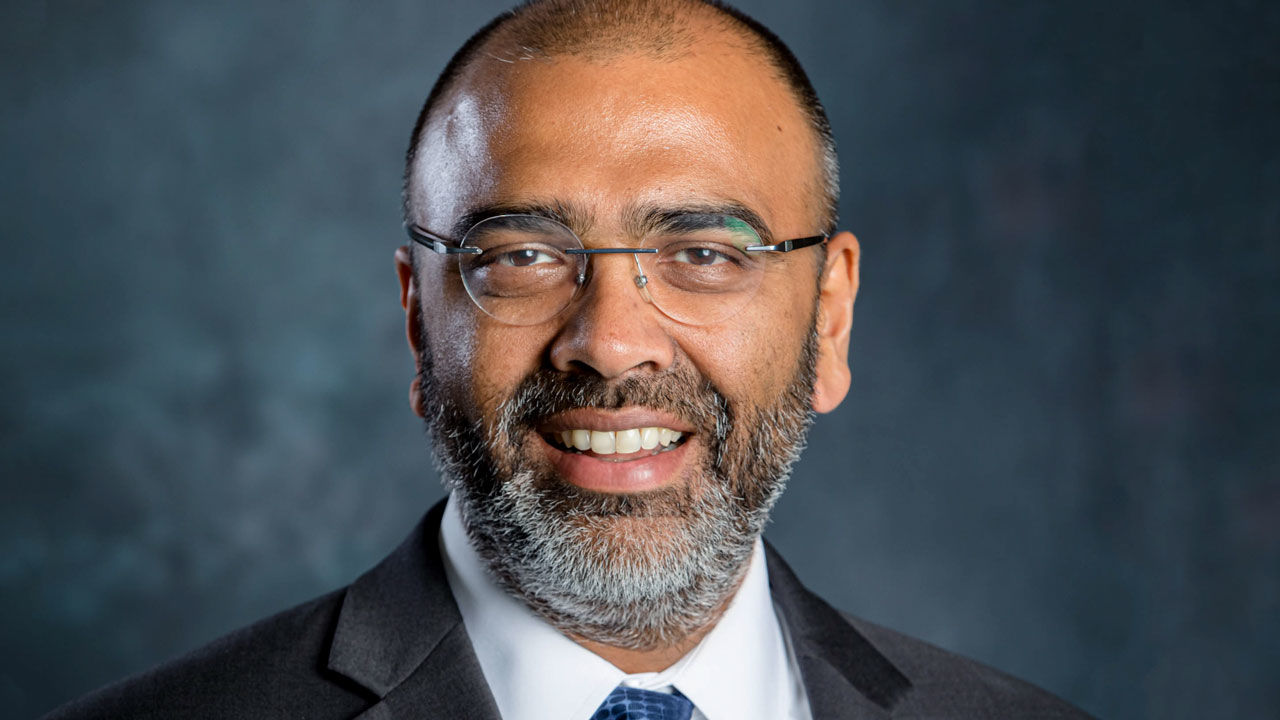
German University Finds 'severe' Misconduct by Researcher Who Promoted Questionable Cancer Blood Test
German University Finds 'severe' Misconduct by Researcher Who Promoted Questionable Cancer Blood Test
Court prevents publicity for investigations into Heidelberg University Hospital cancer test scandal
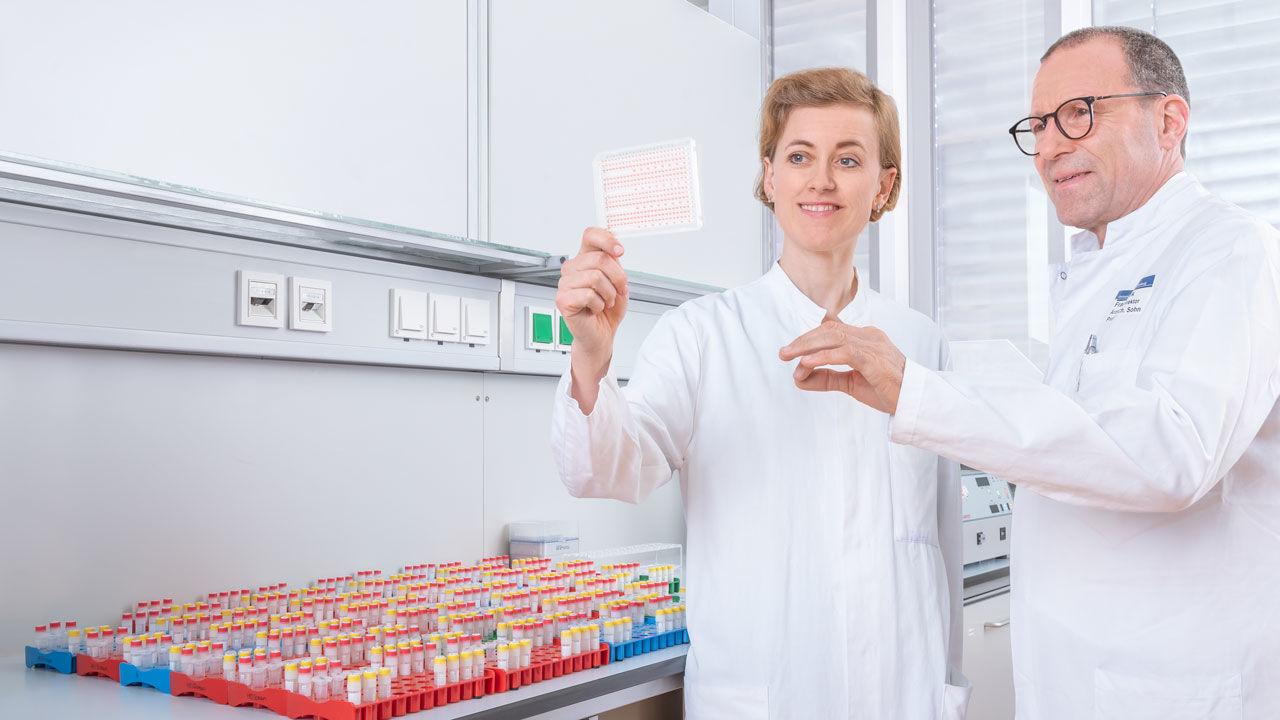
Dissecting Racial Bias in an Algorithm Used to Manage the Health of Populations
Dissecting Racial Bias in an Algorithm Used to Manage the Health of Populations
The U.S. health care system uses commercial algorithms to guide health decisions. Obermeyer et al. find evidence of racial bias in one widely used algorithm, such that Black patients assigned the same level of risk by the algorithm are sicker than White patients (see the Perspective by Benjamin). The authors estimated that this racial bias reduces the number of Black patients identified for extra care by more than half.
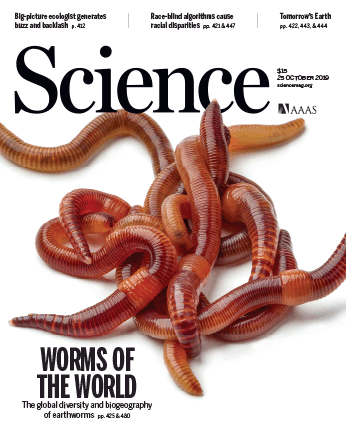
Grad Student Unions Dealt Blow As Proposed New Rule Says Students Aren't 'employees'
Grad Student Unions Dealt Blow As Proposed New Rule Says Students Aren't 'employees'
The rule, if implemented, would hinder grad student unionization efforts at private U.S. universities.
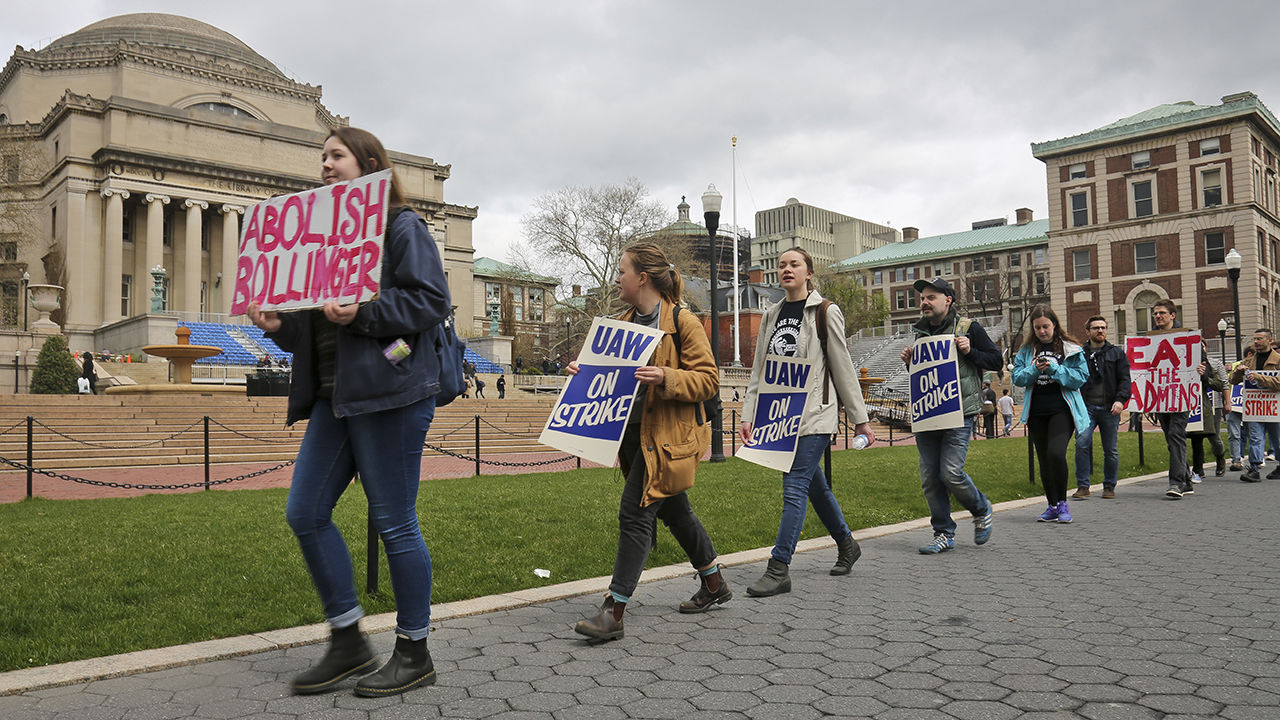
Open-access Megajournals Lose Momentum As the Publishing Model Matures
Concerns include declining volume, slower publication, and softening citation measures.
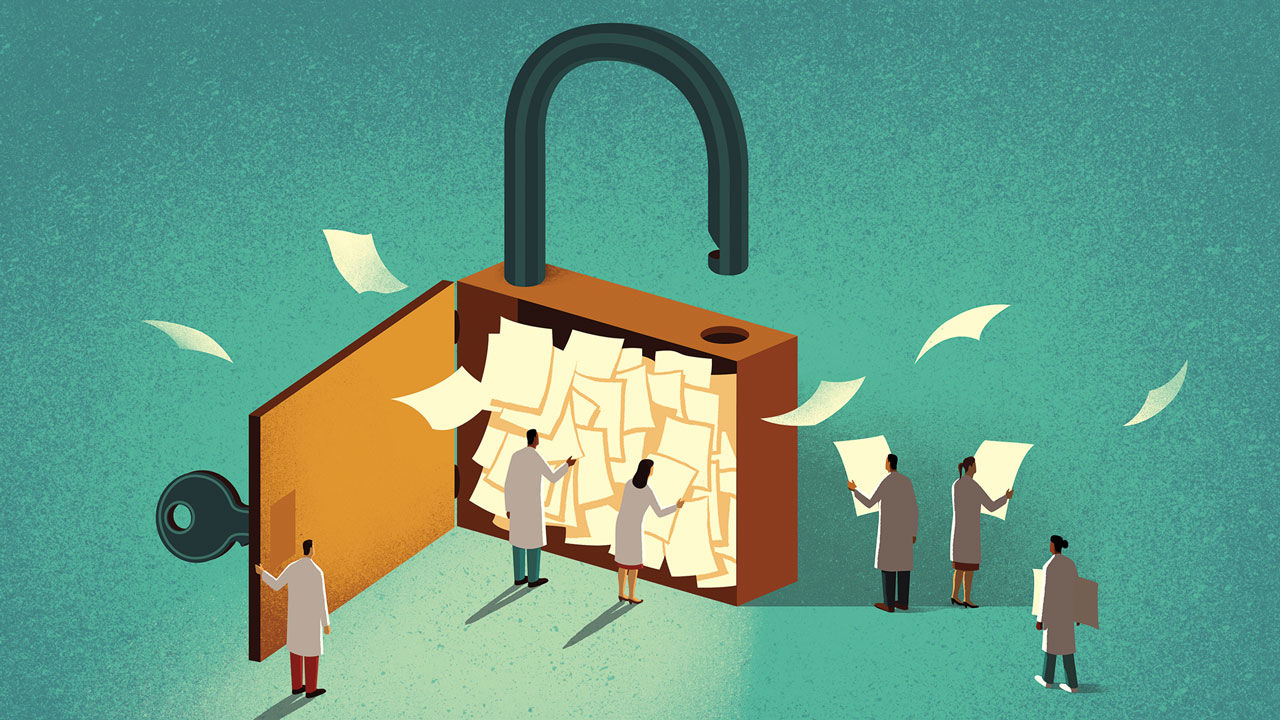
Universities Need to Do More to Support Grad Student Parents
The financial strain of having a baby during her Ph.D. put this researcher's career in jeopardy.
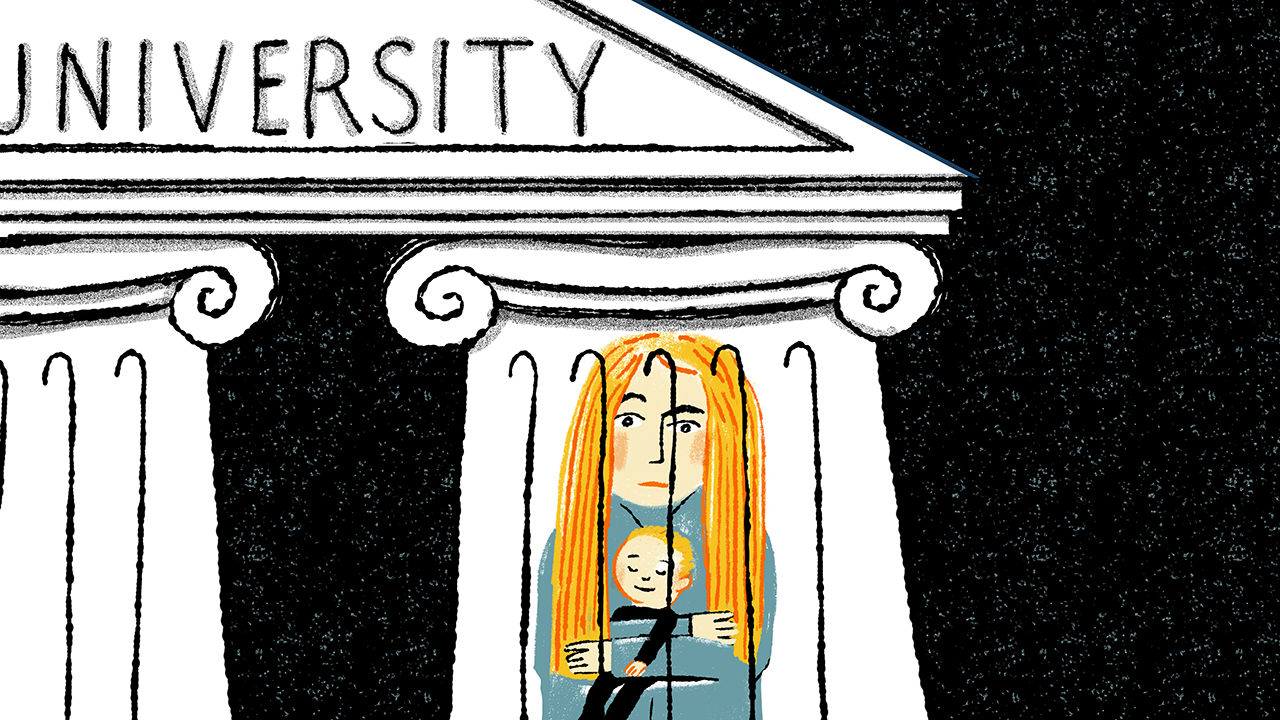
Stalled in Hawaii, Giant Telescope Faces Roadblocks at Its Backup Site in the Canary Islands
Stalled in Hawaii, Giant Telescope Faces Roadblocks at Its Backup Site in the Canary Islands
The Native Hawaiian protesters blocking the construction of the Thirty Meter Telescope on the summit of Mauna Kea appear to have settled in for the long haul.
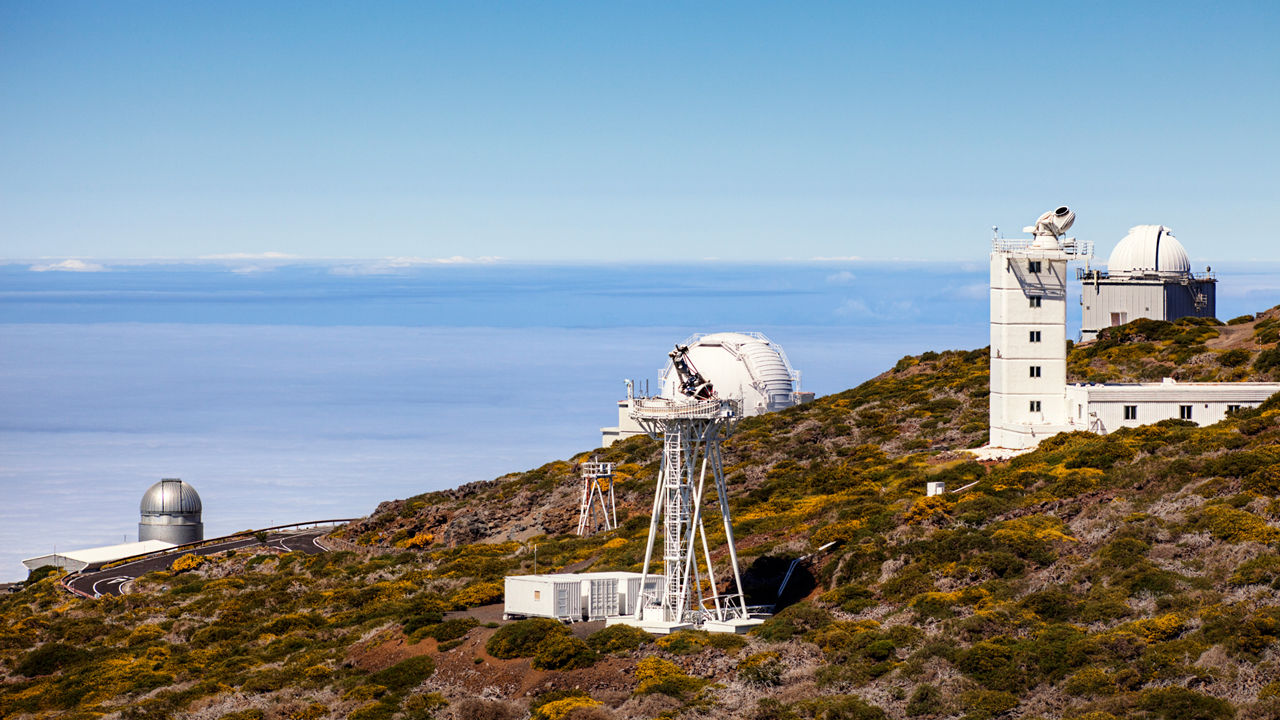
In Departure for NIH, Cancer Moonshot Requires Grantees to Make Papers Immediately Free
In Departure for NIH, Cancer Moonshot Requires Grantees to Make Papers Immediately Free
The long-standing debate over open access to research results has been marked by a geographic divide - but the divide is starting to blur.
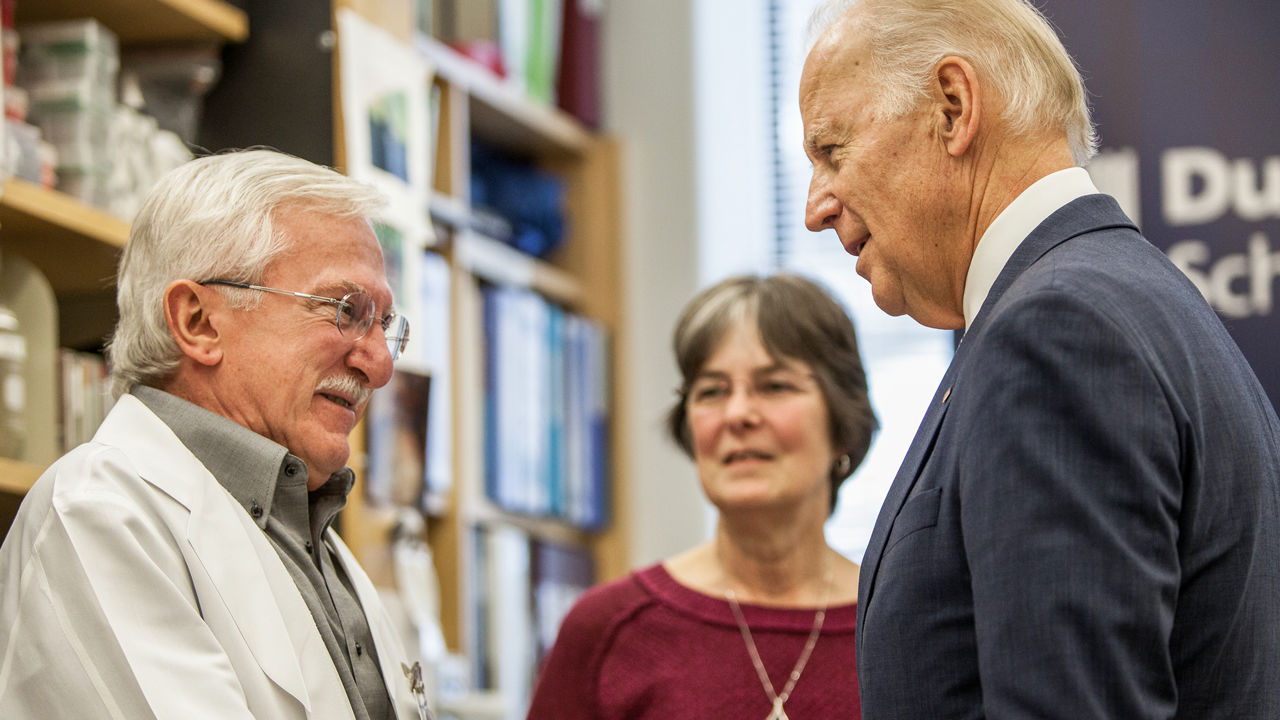
Finally, Some Good News About Ebola: Two New Treatments Dramatically Lower the Death Rate in a Trial
Finally, Some Good News About Ebola: Two New Treatments Dramatically Lower the Death Rate in a Trial
Experimental Ebola treatments carried out in the Democratic Republic of the Congo (DRC) have shown strong signs of being able to save patients’ lives.
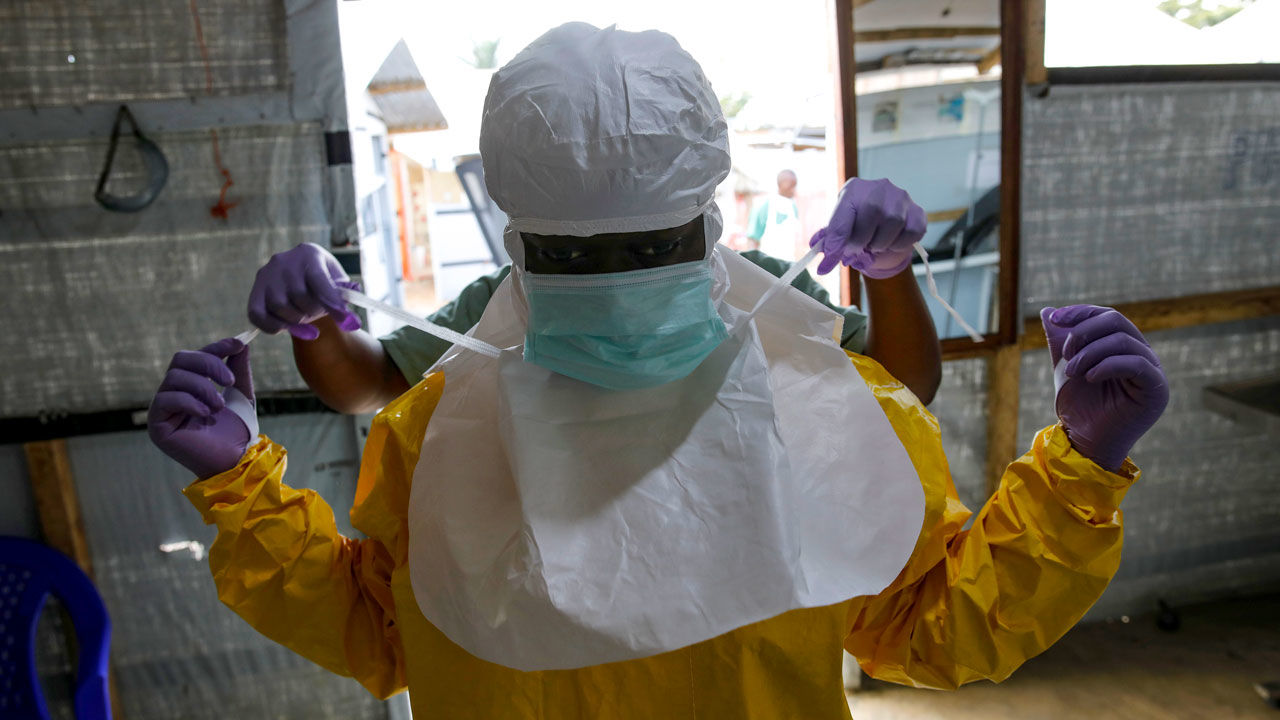
U.S. Universities Battle a Security Storm in Congress
Legislators weigh steps to thwart foreign attacks on academic research.
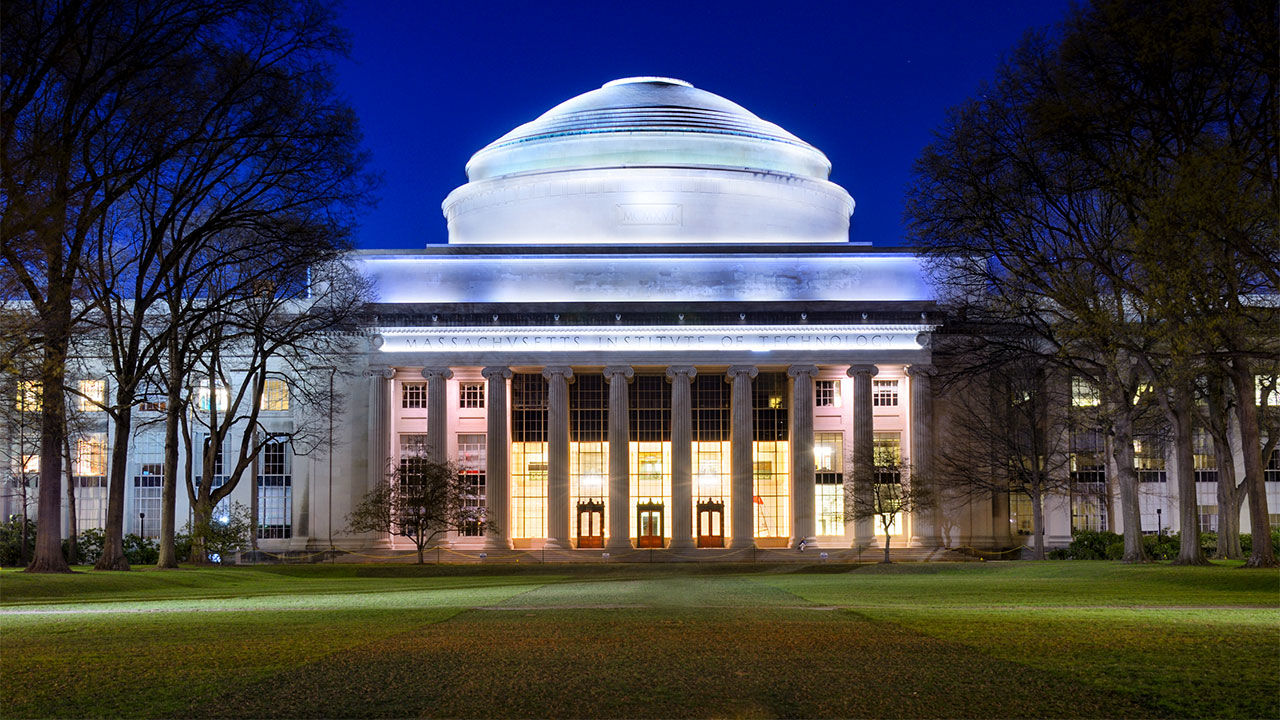
EPA Plan to End Funding for Children's Health Research Leaves Scientists Scrambling
EPA Plan to End Funding for Children's Health Research Leaves Scientists Scrambling
Despite repeatedly expressing public support for children’s health, the U.S. Environmental Protection Agency (EPA) is ending funding for a network of research centers focused on environmental threats to kids, imperiling several long-running studies of pollutants’ effects on child development.
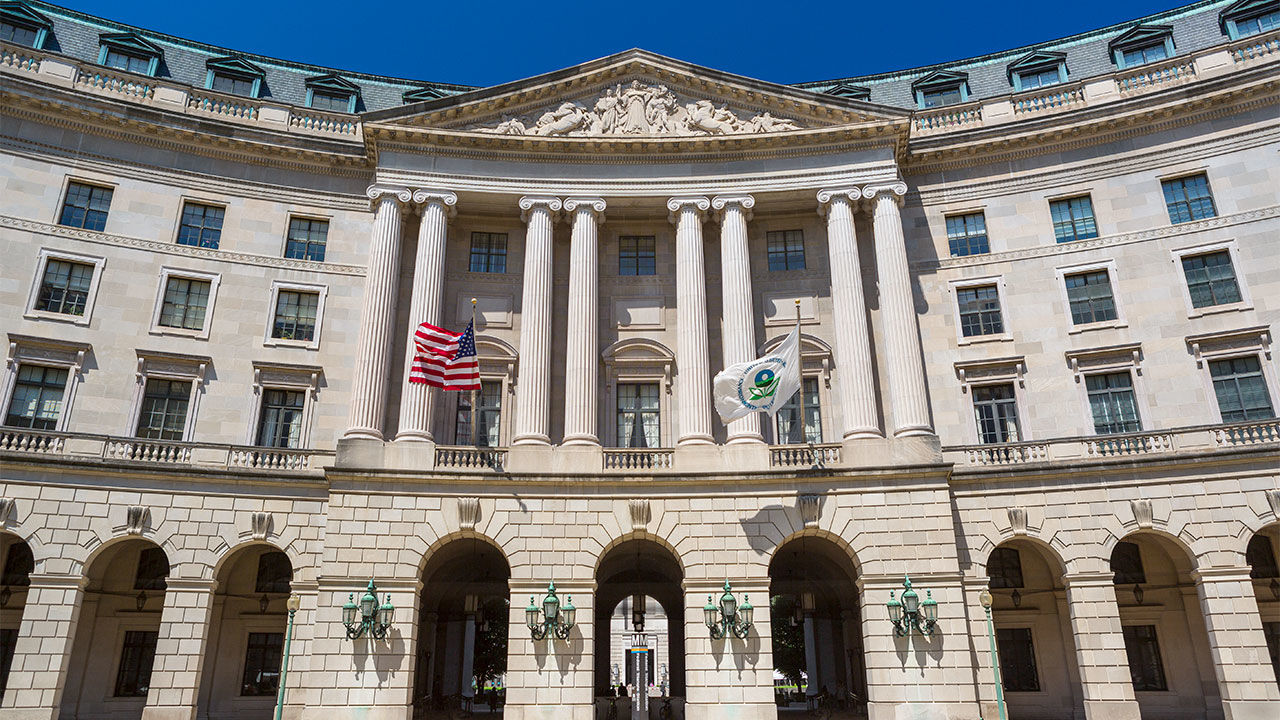
Think You Can't Negotiate Your Job Offer or Postdoc Position? Think Again
Think You Can't Negotiate Your Job Offer or Postdoc Position? Think Again
Advice for early-career researchers from a negotiation expert.

Societies Take a Stand Against Harassment with New Initiative
![Figure][1] At the AAAS meeting, Hamburg said scientists must address cultural shifts in their fields. PHOTO: ROBB COHEN PHOTOGRAPHY & VIDEO The American Association for the Advancement of Science has joined 77 leading academic and professional societies in a new group to address sexual harassment in science, technology, engineering, mathematics, and medicine (STEMM). The Societies Consortium on Sexual Harassment in STEMM, launched 15 February, acknowledges the unique role that professional societies have in setting standards and taking action on sexual and gender harassment in the sciences, its leaders said at the 2019 AAAS Annual Meeting in Washington, D.C. "We need to put our positions on the record," said AAAS senior adviser Shirley Malcom during a panel session that announced the consortium. "Harassment of any kind is death to our enterprise. We are trying to attract and encourage talent, but when we don't provide a climate that is safe, we either push them out or we don't get them in to begin with." The consortium will provide research, resources, and guidance to address sexual harassment in the member societies, as well as more broadly in the fields they represent. As a start, the group will focus on model policies and procedures for society honors and awards. In September 2018, the AAAS Council approved a new policy that established sexual and gender-based harassment as a breach of professional ethics that could lead to the revocation of AAAS Fellow status. AAAS has also joined the American Educational Resource Association and 73 scientific societies in opposing proposed changes to the federal Title IX law that would narrow the definition of sexual harassment and restrict processes for reporting harassment at U.S. schools and colleges. AAAS "recognizes that in our role of defending the conditions under which science can thrive, we must promote diversity, protect against bias, and foster opportunity," the society's CEO, Rush Holt, said at a breakfast for international reporters at the Annual Meeting. A 2018 analysis by the U.S. National Academies concluded that more than 50% of women faculty and staff, and 20 to 50% of women students, at U.S. academic institutions report having been sexually harassed. These reports and others confirm that the scientific community "is not immune" to problems of harassment and prejudice that have gained prominence in recent years, said Margaret Hamburg in her presidential address to open the 2019 meeting. "We must recognize that, in our own community, certain groups are, and have always been, disenfranchised in ways that harm well-being and prevent people from fulfilling their potential," said Hamburg, who now serves as AAAS Board chair. "It is no longer enough to be concerned, even outraged, by this problem. It's time to fix it." Attendees discussed issues related to women and underrepresented minorities across several scientific symposia and career workshops throughout the meeting, including the disparate numbers of women in the life sciences compared to engineering and computer science, the underrepresentation of women as first and last authors in top-tier journal papers, and the specific challenges faced by minorities in the science, technology, engineering, and mathematics (STEM) career pipeline. Harassment, bias, and disenfranchisement of women and underrepresented minorities take a toll on the national research and innovation enterprise, said Kelvin Droegemeier, head of the U.S. Office of Science & Technology Policy (OSTP), in a keynote speech at the meeting. "The enhancement of diversity in STEM is absolutely essential. It is not an option, it is a national imperative and progress is needed right now." The speech was Droegemeier's first major public address since taking on the role of White House OSTP director in January. Echoing remarks by Hamburg and others at the meeting, Droegemeier suggested that scientists could "light a path for others" on the issue of harassment. "The standard of behavior that we expect from the scientific community must apply everywhere that research is conducted." The Washington, D.C., meeting, held from 14 through 17 February, was the 185th gathering of AAAS. Under the theme "Science Transcending Boundaries," participants discussed ways to enhance and protect science's international collaborations from trends such as the rise in nationalism in the United States and other countries. "We want to continue to support and emphasize that kind of science which has proven so productive rather than retreat into an approach that is really focused on what we are doing domestically," said Hamburg, who chose the meeting theme at the start of her AAAS presidency. Other topics at the meeting blurred boundaries between scientific disciplines and suggested new ways for researchers to work across their fields. In several symposia and lectures, speakers noted the importance of collaborations with social science researchers in order to meet the challenges posed by robotics and artificial intelligence, respond to natural disasters, and prepare for the local economic impacts of climate change. Family Science Days, a free weekend event held by AAAS in conjunction with its Annual Meeting since 2004, gave the public a chance to do experiments like extracting strawberry DNA and to participate in conversations with researchers-with some interviews conducted by students wielding reporters' notebooks courtesy of the public engagement program Science Storytellers. "What makes Family Science Days unique is that it is incredibly interactive," said Stacey Baker, who organizes the event for the AAAS Center for Public Engagement with Science and Technology. "When deciding who's exhibiting, everything is based on what hands-on activity they're providing for the kids. It's a place where they can really jump right in and experience the science for themselves." [1]: pending:yes
